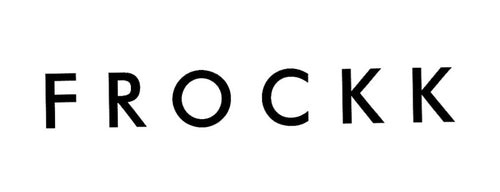about our cashmere
Each winter we do a small cashmere run of knits for our customers
We have sourced the most beautiful 100% cashmere from Inner Mongolia-sustainably and ethically sourced



Each winter we do a small cashmere run of knits for our customers
We have sourced the most beautiful 100% cashmere from Inner Mongolia-sustainably and ethically sourced



for lovers of quality European linen in the most wearable and timeless shapes. Our fabrics are all hand printed and dyed, and we prefer using only natural fibres - because we know you can tell the difference
small batch production and ethical production only
our shapes are designed to feel comfortable, fabrics chosen to feel natural and breathable, and styles designed to be worn season after season.
